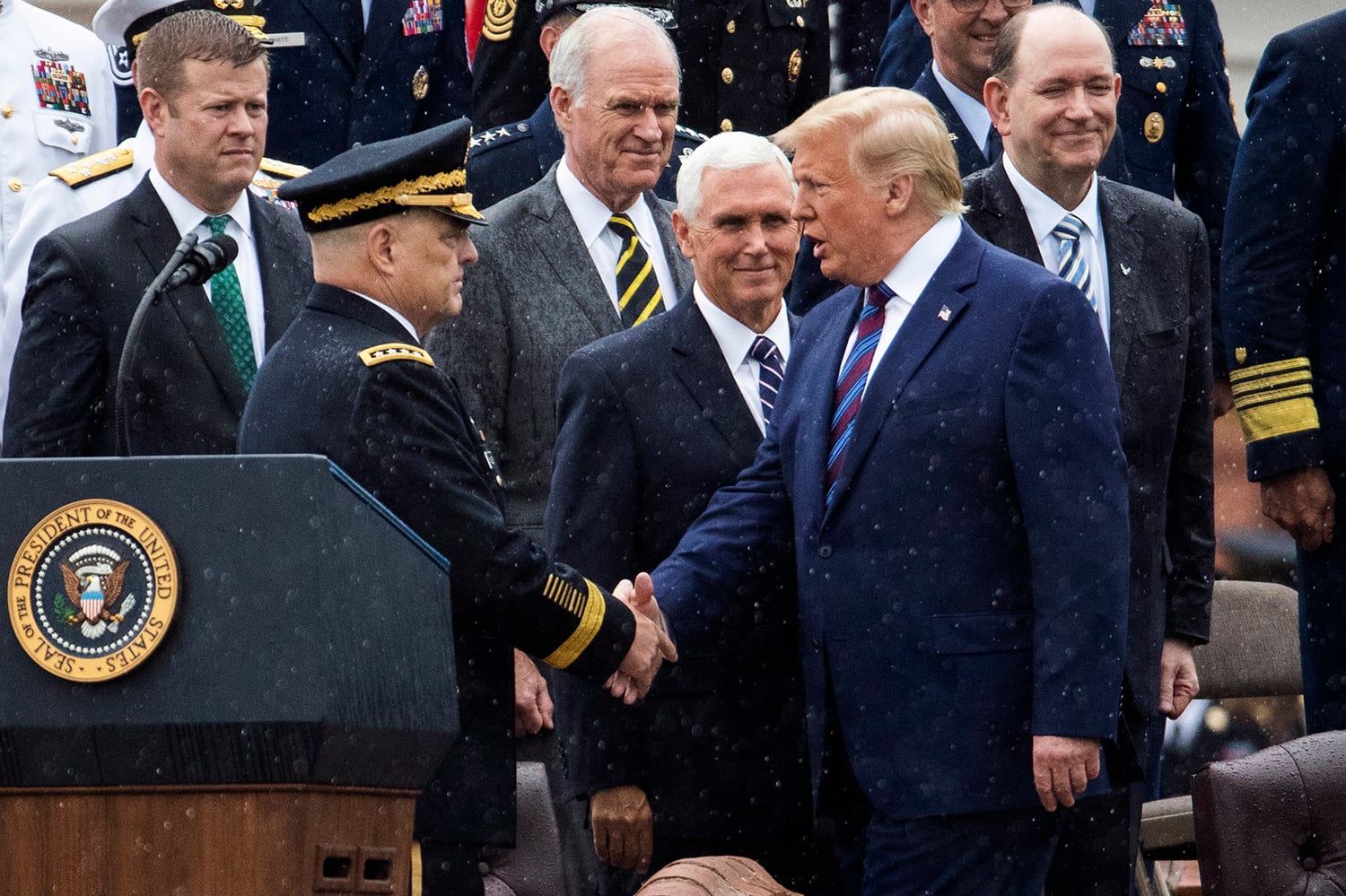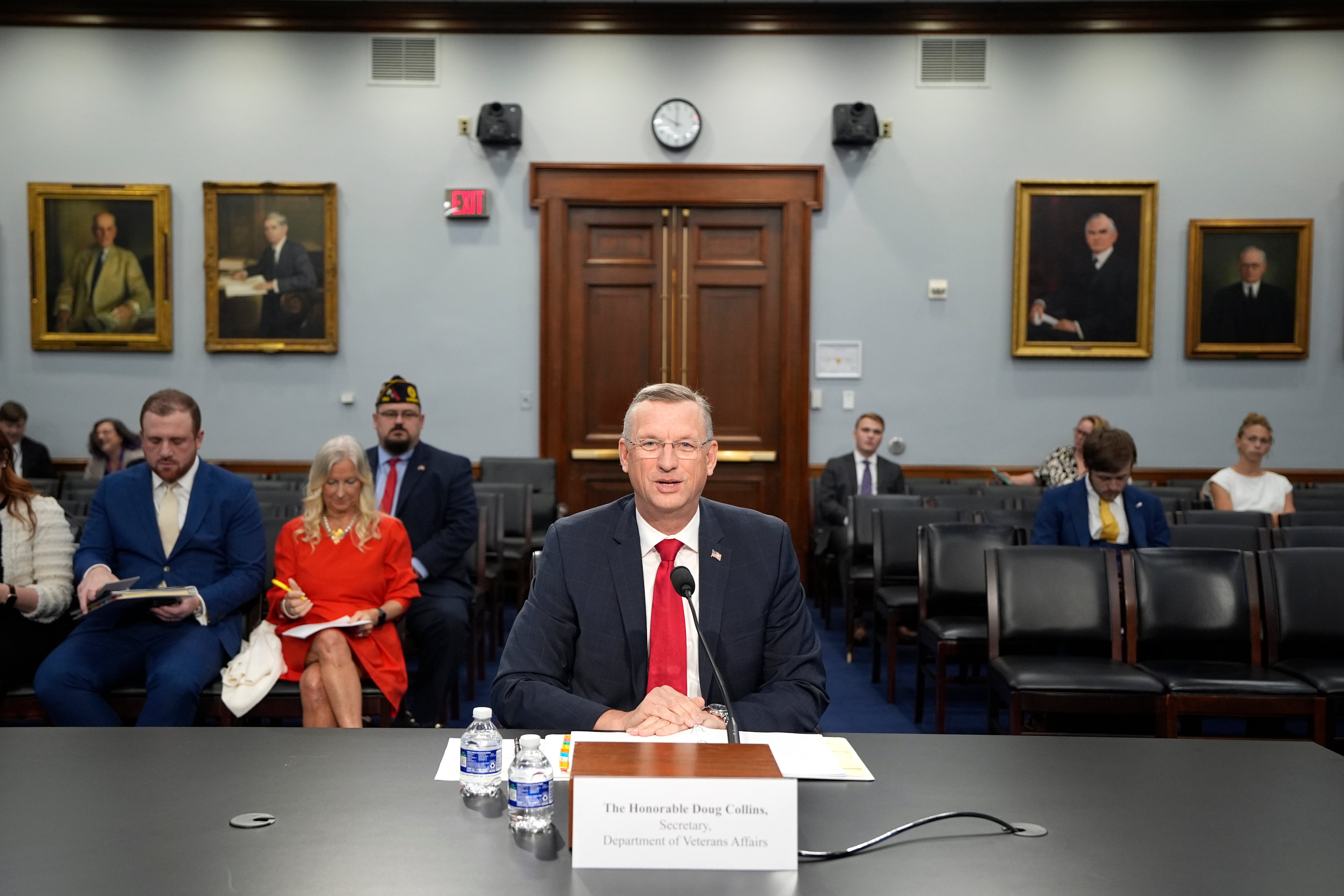Airmen in more than 100 of the Air Force’s most challenging and crucial jobs will receive bonus pay in fiscal 2024, but the service is preparing to phase out nearly one-third of those fields from the incentive program.
It’s the latest move in a plan to reshape the special duty assignment pay program to reward a new set of specialties, like recruiting, while limiting the number of airmen who earn those benefits.
Seventy career fields will be eligible for payments ranging from $75 to $450 a month, depending on the job’s duties, responsibilities and training, starting Oct. 1, the service said in a June 23 release. That dropped from 99 the year before, and now includes four careers that weren’t previously on the list.
The service declined to provide the list of jobs that will qualify for special duty assignment pay, but the 121-page chart is available on the Air Force intranet.
The 33 specialties that were cut from the list will still receive half of their current bonus each month until fiscal 2024 ends on Sept. 30, 2024, when they will be dropped from the program altogether.
For example, an airman who now earns $300 in extra cash a month would drop to $150 a month for a year, then stop receiving bonuses altogether unless their field is added to the list again at a later date.
The Air Force’s most recent budget request indicated airmen who may be dropped could include enlisted pilots who fly the RQ-4 Global Hawk reconnaissance drone, flight attendants, mission system specialists, loadmasters, contracting specialists and Air Force honor guardsmen.
Airmen who already receive special duty pay and are moving to a higher tier, will start earning more money Oct. 1. Those moving to a lower tier will start earning less money 90 days into fiscal 2024, the service said.
To qualify for a bonus, the Air Force said a job must require “extremely demanding personal effort,” “greater responsibility or difficulty” than is typical for airmen at a certain grade, and special qualifications earned through screening or school.
The panel that decided which fields to add and which to cut, as well as who deserves higher or lower bonuses under the tiered system, chose those jobs without considering the topline number, the Air Force said.
This is the second consecutive year that the Air Force has sought to roll back special duty bonuses as it tries to reallocate money to top priorities like aircraft modernization.
Air Force Times reported in April that the special duty assignment pay program is set to downsize from $101.7 million in 2023 to $92.2 million in 2024, and cut around 3,700 airmen from its rolls as part of this year’s defense appropriations bill.
The potential change is jeopardizing bonuses for airmen who currently receive $75 to $300 a month in extra cash, but not those at the highest end of the incentive program.
The service could still ask lawmakers to add more funds to the program after that bill becomes law to cover any shortfalls.
Rachel Cohen is the editor of Air Force Times. She joined the publication as its senior reporter in March 2021. Her work has appeared in the Washington Post, the Frederick News-Post (Md.), Air and Space Forces Magazine, Inside Defense, Inside Health Policy and elsewhere.




